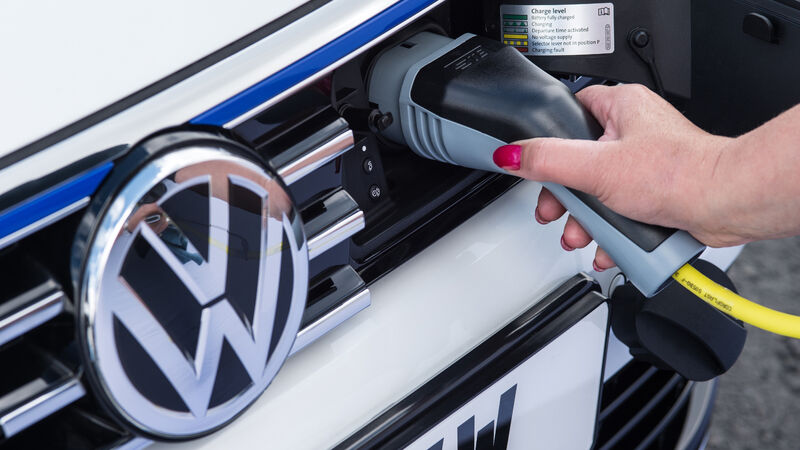Volkswagen and Renault count costs of supply crunch and chip shortage

The supply crunch and chip shortages have shrunk Volkswagen's production levels to its lowest since 1958.
Volkswagen has produced just 300,000 cars at its main Wolfsburg plant so far this year, the lowest figure since 1958 and far behind its average output before the pandemic.
The plant, which makes cars from the Golf, Tiguan, and Seat brands among others, produced an average of 780,000 vehicles per year in the past decade and the company said in 2018 it aimed to boost this figure to 1m.











